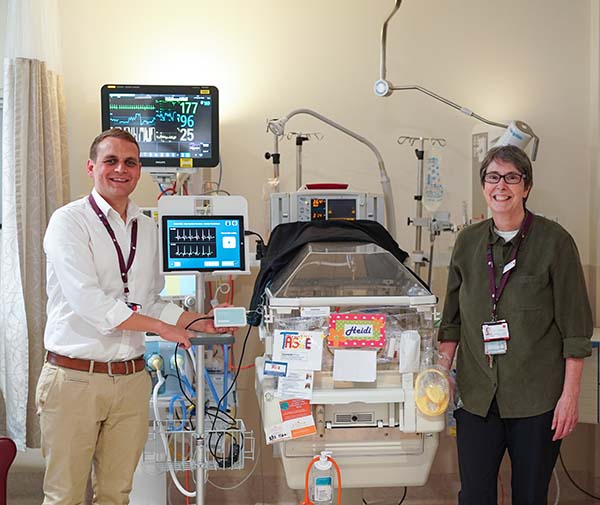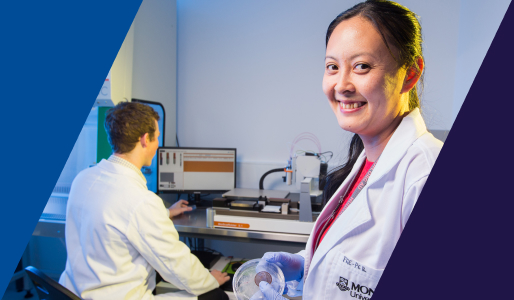Case study - Navi Technologies
 Developing new medical devices for the paediatric market comes with its challenges as the team behind Navi Technologies, which has developed a new smart catheter for newborns, can attest.
Developing new medical devices for the paediatric market comes with its challenges as the team behind Navi Technologies, which has developed a new smart catheter for newborns, can attest.
Only five per cent of new medical innovations that make it to market every year have a neonatal use, despite the fact 10,000 babies are born premature and require specialist medical treatment in Australia each year.
Navi Technologies saw an opportunity to address this shortfall, developing a device that enables doctors and nurses to accurately pinpoint where to insert central venous catheters required to deliver lifesaving medications and fluids to sick newborns.
The device is able to record and analyse electrical signals from the heart, providing feedback on the position of the catheter in real-time and minimising the risk of slippage or inaccurate placement.
With the help of two Victorian Government grants Navi Technologies have been able to develop an advanced prototype of the device and conduct early-stage trials with the Royal Women’s Hospital.
Successfully used in about 75 premature babies in the hospital’s Newborn Intensive Care Unit, the device is already helping to treat babies like Nash Constable who was born at just 28 weeks.
After his family consented to be involved in the research, Nash had a catheter inserted using the Neonav technology as part of a necessary operation.
Nash is now a healthy nine-month-old and his family are strong advocates for continued investment in newborn research to ensure more babies receive the innovative care they need.
For more information visit Navi technologies
.
Page last updated: 29 February 2024
